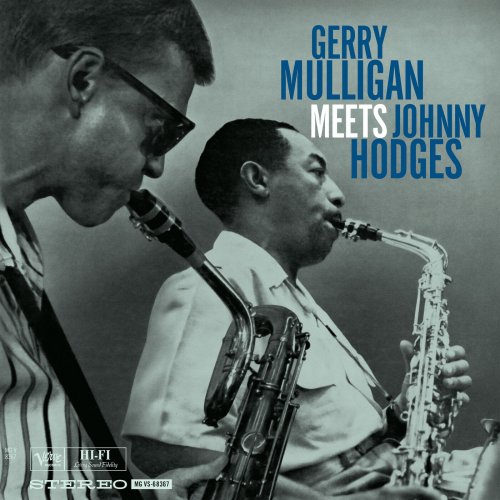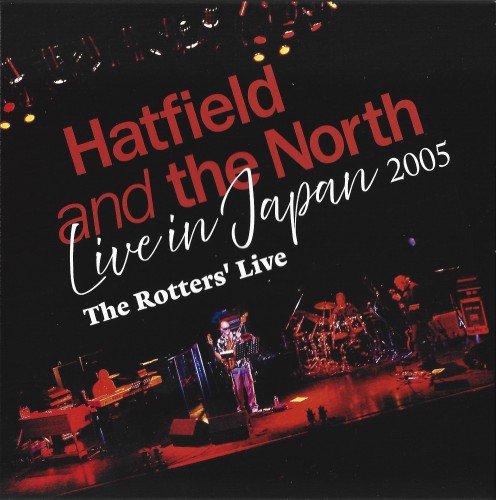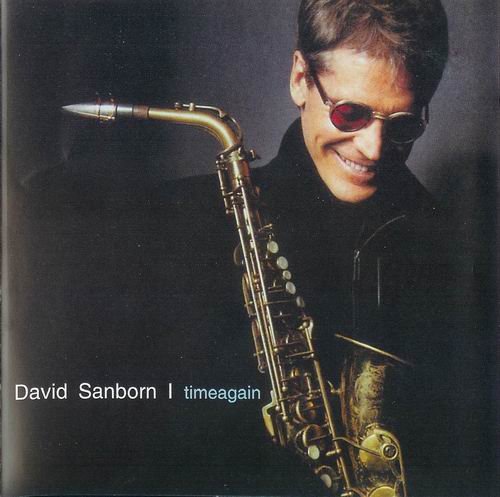Herbert von Karajan - The Legendary Decca Recordings (9CD BoxSet) (2008)
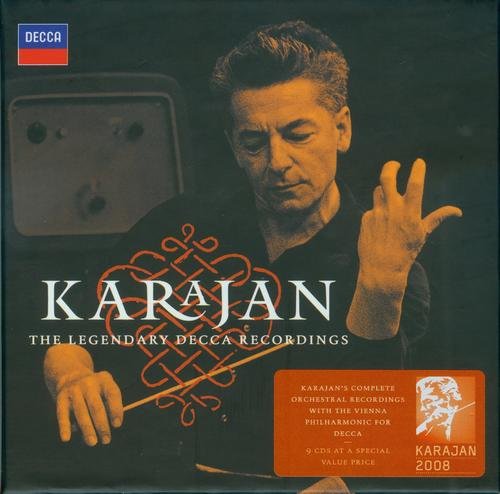
Artist: Herbert von Karajan
Title: The Legendary Decca Recordings
Year Of Release: 2008
Label: Decca
Genre: Classical
Quality: APE (image+.cue,log,scans)
Total Time: 10:14:22
Total Size: 3,27 Gb
WebSite: Album Preview
Tracklist: Title: The Legendary Decca Recordings
Year Of Release: 2008
Label: Decca
Genre: Classical
Quality: APE (image+.cue,log,scans)
Total Time: 10:14:22
Total Size: 3,27 Gb
WebSite: Album Preview
CD1
Johannes Brahms - Symphony No 1
Joseph Haydn - Symphony No 103 'Drumroll'
CD2
Haydn - Joseph Haydn / Symphony No 104 'London'
Johannes Brahms / Tragic Overture/Symphony No 3
CD3
Wolfgang Amadeus Mozart / Symphony No 40
Wolfgang Amadeus Mozart / Symphony No 41 'Jupiter'
Pyotr Ilych Tchaikovsky / Romeo and Juliet - Fantasy Overture
CD4
Ludwig van Beethoven / Symphony No 7
Antonin Dvorak / Symphony No 8
CD5
01. Swan Lake - Act II Scene
02. Swan Lake - Act I Valse
03. Swan Lake - Act II Dance of the little swans
04. Swan Lake - Act II Scene and second dance
05. Swan Lake - Act III Czardas
06. Swan Lake - Act IV Finale
07. Nutcracker - Ouverture miniature
08. Nutcracker - Act I Marche
09. Nutcracker - Act III Dance of the sugar-plum fairy
10. Nutcracker - Act II Trйpak
11. Nutcracker - Act III Arab Dance
12. Nutcracker - Act III Chinese Dance
13. Nutcracker - Act II Dance of the reed pipes
14. Nutcracker - Act II Walz of the flowers
15. Sleeping Beauty - Introduction and liliac fairy
16. Sleeping Beauty - Act I Pas d'action
17. Sleeping Beauty - Act III Pas de caractиre
18. Sleeping Beauty - Act III Panorama
19. Sleeping Beauty - Act II Valse
CD6
Adam-Giselle
01. von Karajan, Wiener Phil. - Introduction
02. Les vendangeurs
03. Entree du Prince
04. Loys seul et entree de Giselle -- scene d'amour
05. Retour des vendangeurs -- Valse
06. Pas de deux
07. La chasse
08.Marche des vignerons
09. Variation de Giselle
10. Galop general
11. Final (Act I)
12. Apparition et scene de Myrthe
13.Apparition de Giselle
14. Pas de deux
15. Scene des Wilis
16. Grand pas de deux
17. Variation de Loys
18. Variation de Giselle
19. Final (Act II)
CD7
Edvard Grieg - Music from Peer Gynt
01. - 1 - Morning
02. The Death of Ase
03. Anitra's Dance
04. In the Hall of the Mountain King
05. Ingrid's Lament
06. Solveig's Song
Gustav Holst - The Planets
07. Mars, the Bringer of War
08. Venus, the Bringer of Peace
09. Mercury, the Winged Messenger
10. Jupiter, the Bringer of Joy
11. Saturn, the Bringer of Old Age
12. Uranus, the Magician
13. Neptune, the Mystic
CD8
Johann Strauss
01. Die Fledermaus
02. Die Fledermaus (2)
03. Annen Polka
04.Jojeph - Delirien Walzer
05. Johann - Der Zigeunerbaron
06.Auf Der Jagd
07.Geschichten aus dem Wienerwald
08. Richard Strauss- Till Eulenspiegels
09. Tanz der sieben Schleier
CD9
Richard Strauss - Don Juan, op.20
Richard Strauss - Tod und Verklarung, op.24
Richard Strauss - Also sprach Zarathustra, op.30
Some listeners assert that Austrian conductor Herbert von Karajan made his best recordings for Deutsche Grammophon in the late '70s, while others argue he did his best work for EMI in the middle '50s. But there are those, a minority but not an altogether insignificant minority, who say he made his best recordings for Decca in the early '60s. This nine-disc collection of those recordings makes a highly persuasive case for that point of view.
Working with the Wiener Philharmoniker and Decca producers John Culshaw and Erik Smith, Karajan got virtuoso performances from both the orchestra and the recording team. The Viennese musicians play with their characteristic ease and elegance, and their richly upholstered ensemble sounds lush and deep in everything from the surging rhythms of Holst's "Mars" to the heroic climaxes of Brahms' First. Culshaw and Smith capture their performances in stereo sound that rivals the best digital recordings in color and clarity and surpasses them in presence in everything from the shimmering winds in Grieg's Peer Gynt to the bludgeoning timpani of Strauss' Also Sprach Zarathustra.
Because he was working with the self-governing Viennese orchestra, Karajan was less domineering than he was in his later Deutsche Grammophon recordings with the Berliner Philharmoniker, the orchestra he ran as music director. These performances have a sense of measured strength that his DG recordings can't match; listen to the supple intensity of his tempos in Beethoven's Seventh. And because he was working with the Viennese orchestra, he was more relaxed than he was in his EMI recordings working with the Philharmonia, a studio orchestra that worked for producer Walter Legge, and these performances have a feeling of relaxed power that the EMI recordings can't touch; check out the burnished warmth of his Brahms' Third. In short, anyone who admires Karajan should certainly hear these recordings. And anyone who doesn't admire him might do well to check them out as well since they show a side of his work that is less often heard.
Working with the Wiener Philharmoniker and Decca producers John Culshaw and Erik Smith, Karajan got virtuoso performances from both the orchestra and the recording team. The Viennese musicians play with their characteristic ease and elegance, and their richly upholstered ensemble sounds lush and deep in everything from the surging rhythms of Holst's "Mars" to the heroic climaxes of Brahms' First. Culshaw and Smith capture their performances in stereo sound that rivals the best digital recordings in color and clarity and surpasses them in presence in everything from the shimmering winds in Grieg's Peer Gynt to the bludgeoning timpani of Strauss' Also Sprach Zarathustra.
Because he was working with the self-governing Viennese orchestra, Karajan was less domineering than he was in his later Deutsche Grammophon recordings with the Berliner Philharmoniker, the orchestra he ran as music director. These performances have a sense of measured strength that his DG recordings can't match; listen to the supple intensity of his tempos in Beethoven's Seventh. And because he was working with the Viennese orchestra, he was more relaxed than he was in his EMI recordings working with the Philharmonia, a studio orchestra that worked for producer Walter Legge, and these performances have a feeling of relaxed power that the EMI recordings can't touch; check out the burnished warmth of his Brahms' Third. In short, anyone who admires Karajan should certainly hear these recordings. And anyone who doesn't admire him might do well to check them out as well since they show a side of his work that is less often heard.
DOWNLOAD FROM ISRA.CLOUD
CD1008Karajan0507.rar (408.15 MB)
CD2008Karajan0507.rar (388.71 MB)
CD3008Karajan0507.rar (384.01 MB)
CD4008Karajan0507.rar (398.86 MB)
CD5008Karajan0507.rar (348.91 MB)
CD6008Karajan0507.rar (292.30 MB)
CD7008Karajan0507.rar (375.75 MB)
CD8008Karajan0507.rar (376.34 MB)
CD9008Karajan0507.rar (377.90 MB)
CD1008Karajan0507.rar (408.15 MB)
CD2008Karajan0507.rar (388.71 MB)
CD3008Karajan0507.rar (384.01 MB)
CD4008Karajan0507.rar (398.86 MB)
CD5008Karajan0507.rar (348.91 MB)
CD6008Karajan0507.rar (292.30 MB)
CD7008Karajan0507.rar (375.75 MB)
CD8008Karajan0507.rar (376.34 MB)
CD9008Karajan0507.rar (377.90 MB)
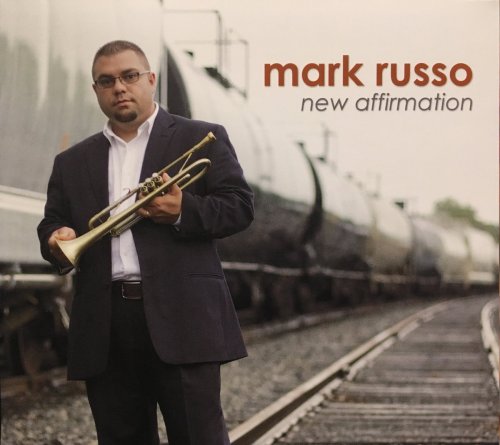
![Abraham Réunion - Jaden an nou (2026) [Hi-Res] Abraham Réunion - Jaden an nou (2026) [Hi-Res]](https://www.dibpic.com/uploads/posts/2026-02/1770745777_folder.jpg)
![Howard McGhee - Dusty Blue (Remastered 2013) (2026) [Hi-Res] Howard McGhee - Dusty Blue (Remastered 2013) (2026) [Hi-Res]](https://www.dibpic.com/uploads/posts/2026-02/1770800733_dm4oiwhycda9e_600.jpg)
![Aleph Aguiar - Sugar on my Blackbeans (2026) [Hi-Res] Aleph Aguiar - Sugar on my Blackbeans (2026) [Hi-Res]](https://www.dibpic.com/uploads/posts/2026-02/1770897015_f61fqxvf9z2t0_600.jpg)
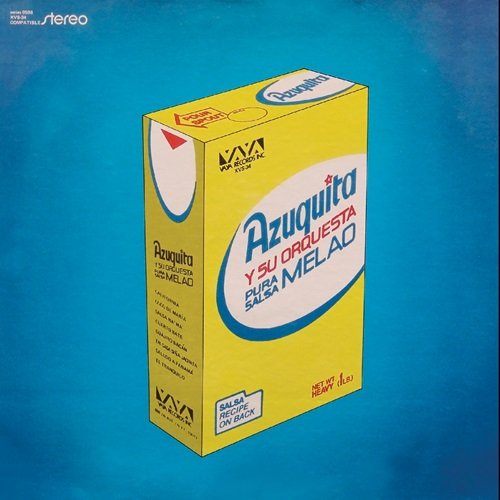
![Laura Anglade - Get Out of Town (Deluxe) (2026) [Hi-Res] Laura Anglade - Get Out of Town (Deluxe) (2026) [Hi-Res]](https://www.dibpic.com/uploads/posts/2026-02/1770950244_kznexew2l78jj_600.jpg)
